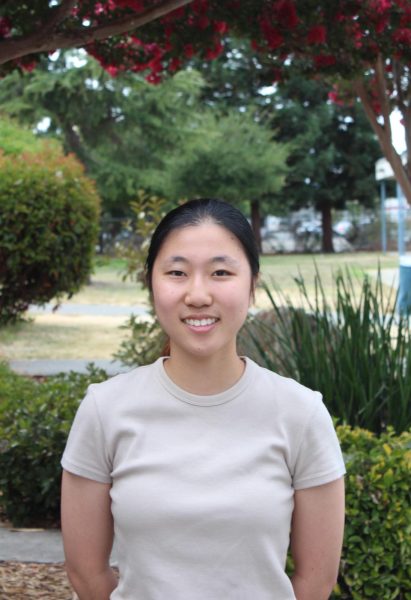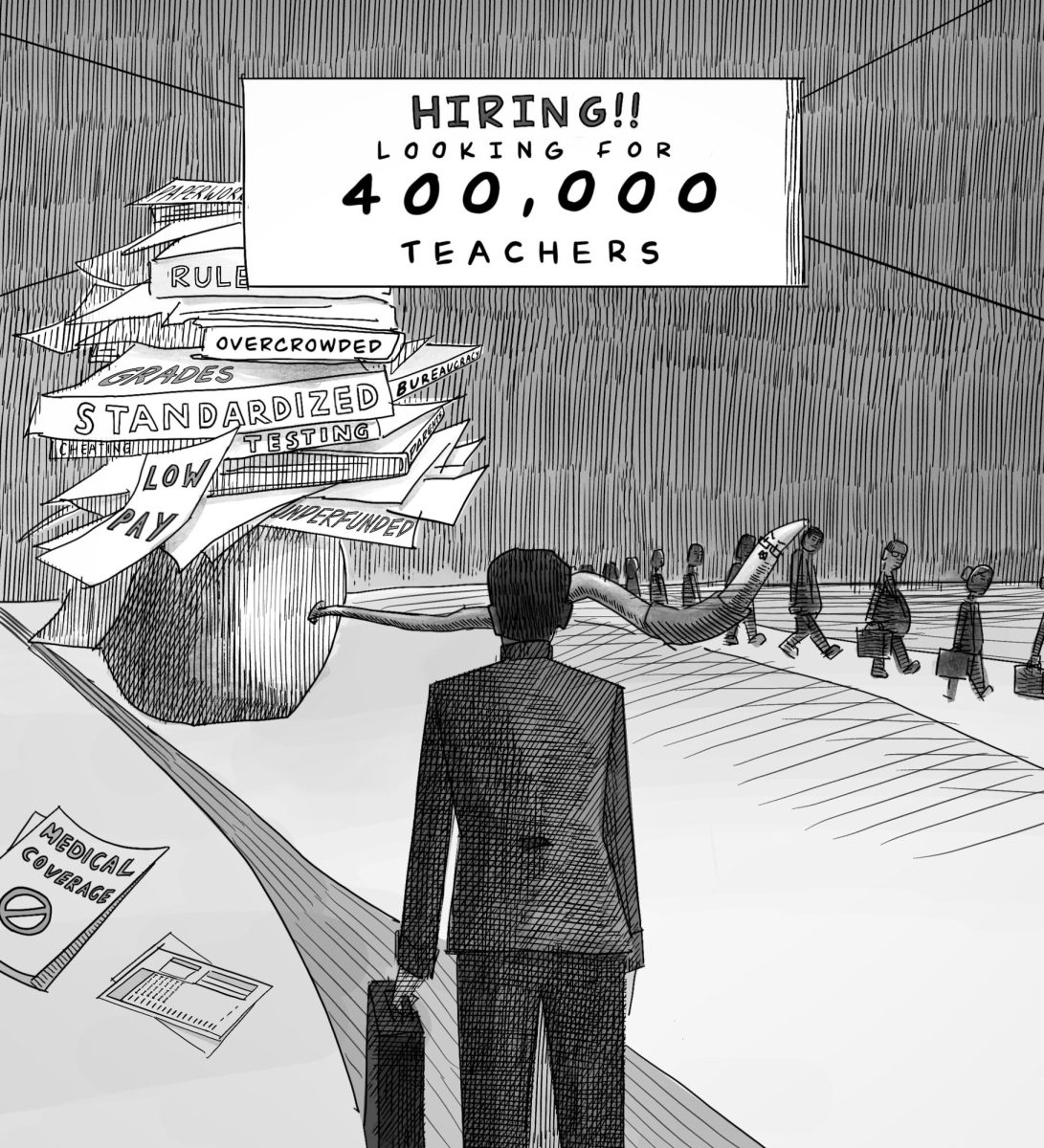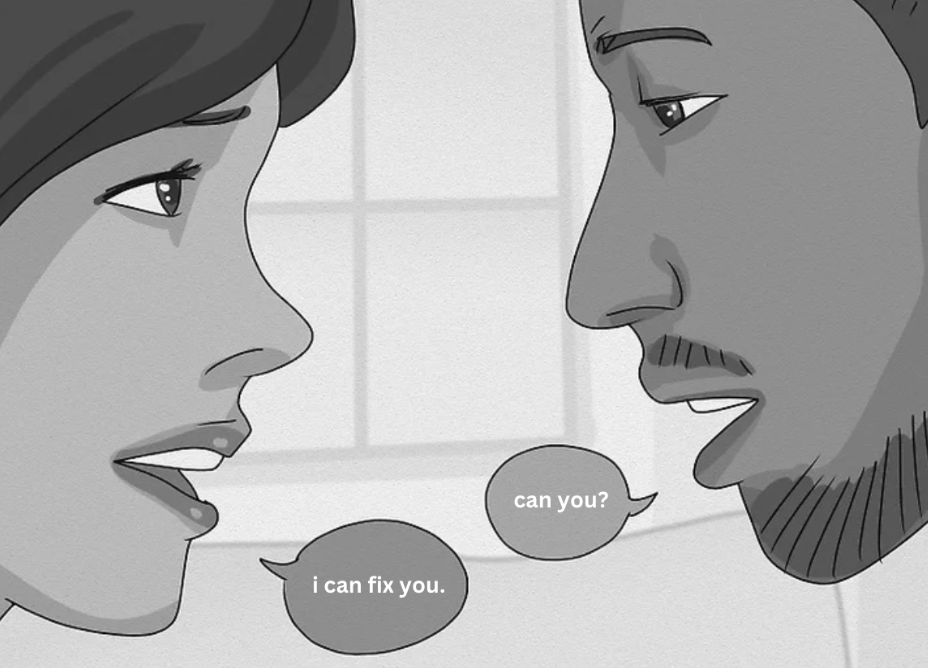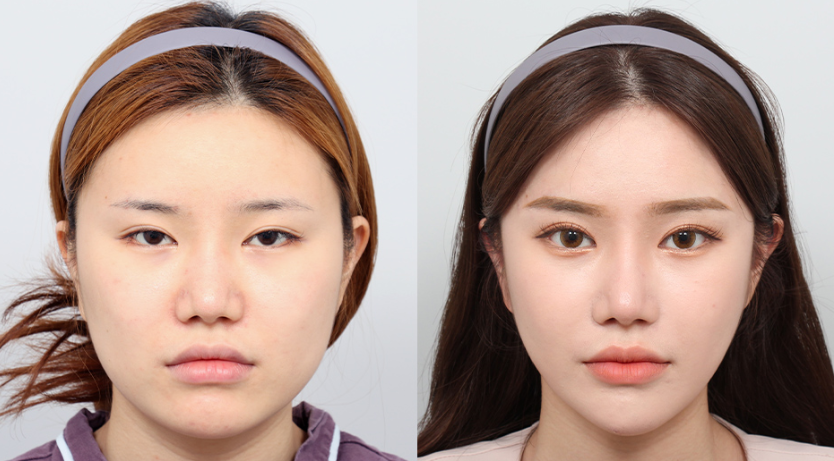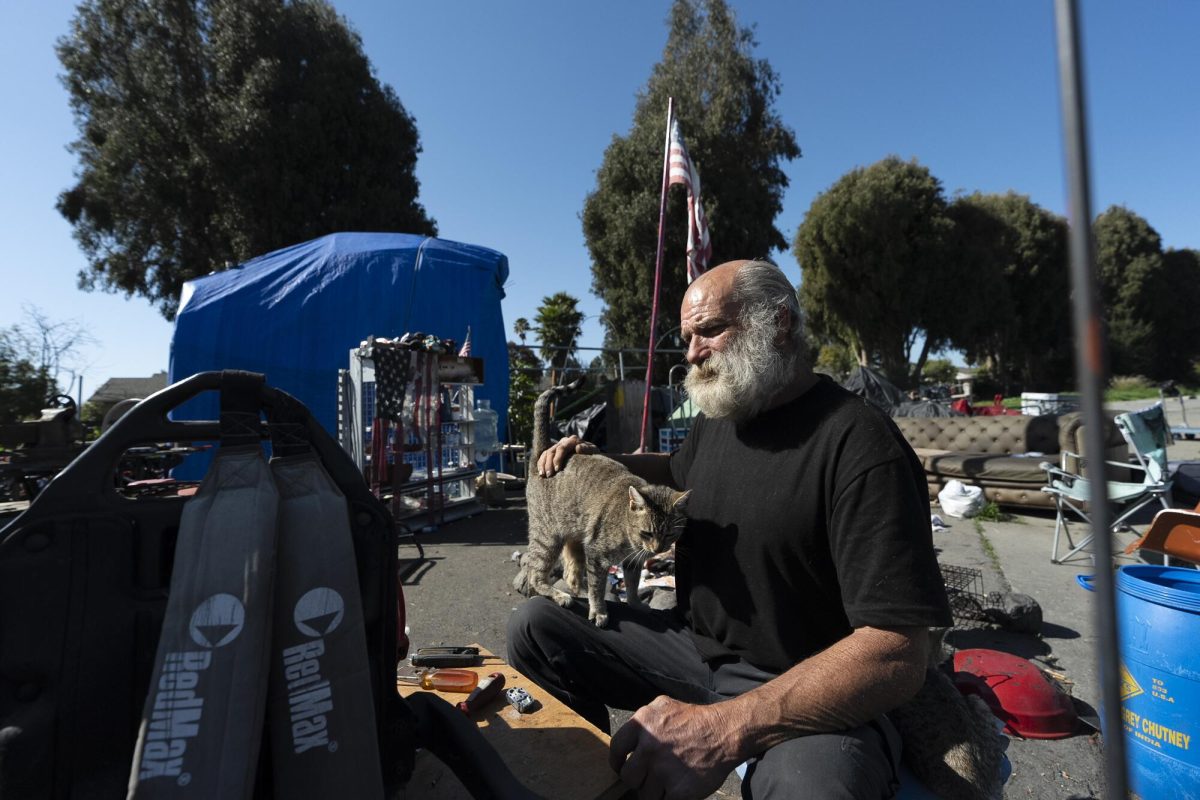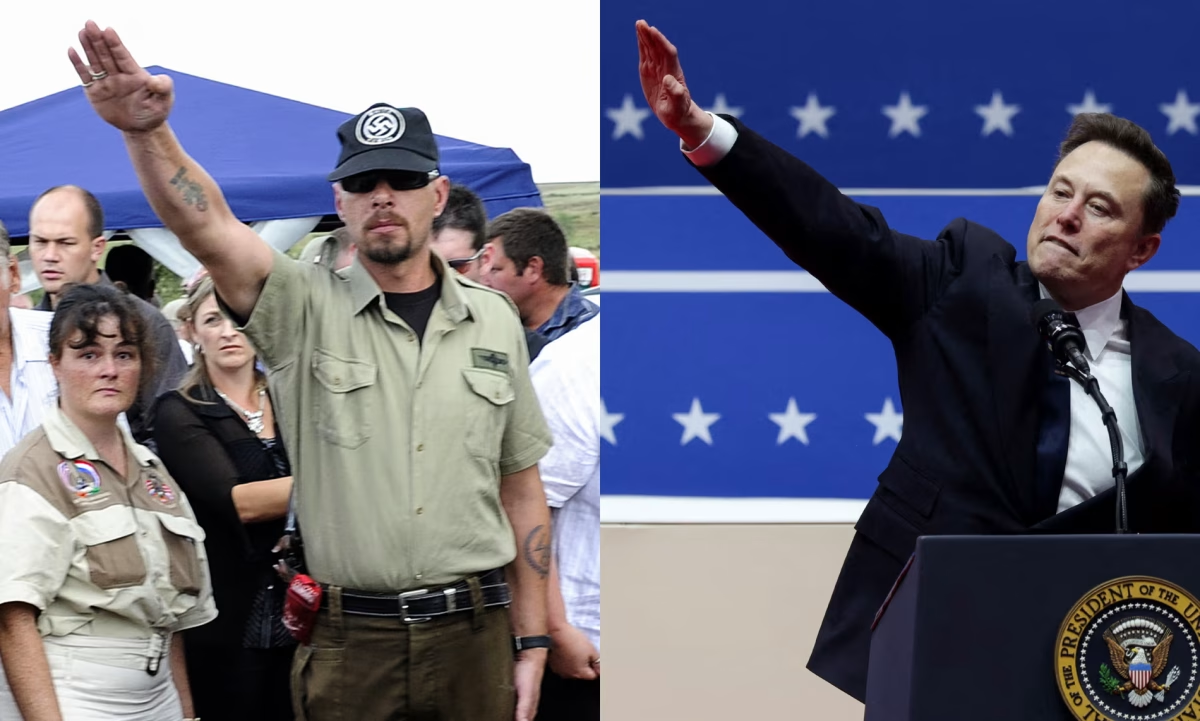You’re standing in the lunch line, deciding between a hotdog and a burger. You feel like you could pick either, but you end up going for the burger. Did you really choose the burger out of your own free will, or was the choice shaped by unseen forces?
The existence of free will is endlessly debated, and hard determinists, including myself, believe that every decision we make is the product of a long chain of previous predetermined causes and effects. Libertarians, on the other hand, believe that some of our actions, like picking the burger, are freely chosen. They could have been the result of a person’s own thoughts that originated at that moment, completely unrelated to prior events. This, however, contradicts what we know about the physical world from the laws of physics and from computational models, which demonstrate that it is entirely deterministic.
To counter this, many propose the idea of agent causation, which suggests that there are agents who can start chains of causality independent of prior causes. However, this naturally leads to the question: What caused the agent to choose one decision over another? If our choices are not completely random, there must be something that influences them.
The Libet experiment is possibly the most famous challenge to the idea of free will. In this experiment, a group of participants were asked to perform simple hand movements. The EEG readings showed that participants’ brains had already made the decision to move seconds before they were consciously aware of it. As philosopher Arthur Schopenhauer once said, “Man can do what he wills, but he cannot will what he wills.” We might think we have control over our intentions, but there are many factors in our lives that cause these intentions to form in the first place: our most recent sensory environment, the hormone levels in our bloodstream that morning, all the way down to the culture our ancestors came up with hundreds of years ago. Childhood experiences also have a significant impact on your fate. Adverse childhood experiences, or ACEs, including emotional neglect, witnessing physical or sexual violence, household dysfunction, etc, have lasting effects. For each point on a person’s ACE score, there is a 35% increase in the likelihood of teen pregnancy, violence, poorer health, and earlier death. When we look at these forces together, the existence of free will becomes harder to justify.
In a study reviewing over 1,000 parole decisions, researchers discovered the single best determiner (after controlling for logical modulators) of whether a judge granted parole or not, was the amount of time it had been since the judge had eaten a meal. If you saw a judge right after lunch, parole was granted around 60% of the time. If you saw them 3-4 hours after, that number dropped to nearly 0. Even more interestingly, when asked about their choices, these judges would cite logical reasoning, not hunger, as the reason for their decisions. As such, factors outside of our awareness can subconsciously influence our behaviors.
Some argue that emergence allows free will to exist. Although neurons lack the ability to create consciousness individually, complex and unpredictable behaviors are formed when multiple neurons work together. However, emergence alone does not produce free will, as these behaviors are still a result of a deterministic process at the micro level. The apparent freedom at a larger level is just an illusion, and all emergence proves is complexity without actual autonomy. For true free will to exist, there must be a break in causality at a foundational level, and that’s not something emergent complexity can explain.
While we may feel that we have a lot of personal autonomy, this is not necessarily the case. Our beliefs and actions are inexorably linked to our environment and past experiences. As Robert Sapolsky states, “we are nothing more or less than the sum of that which we could not control – our biology, our environments, their interactions.”



